In the realm of machinery engineering, the significance of stainless steel ball bearings cannot be overstated, as they play a critical role in enhancing both efficiency and longevity of various mechanical systems. According to a report by the American Society of Mechanical Engineers (ASME), the proper implementation of stainless steel ball bearings can lead to a reduction in operational friction by up to 30%, which translates into substantial energy savings and prolonged equipment life. Furthermore, research conducted by the International Journal of Advanced Manufacturing Technology highlights that the durability of stainless steel ball bearings can exceed that of traditional bearings by as much as 50%, making them an essential component in high-demand industrial applications. As global industries continue to pursue innovations in performance and sustainability, understanding the benefits and optimizations associated with stainless steel ball bearings becomes imperative for engineers and manufacturers alike.
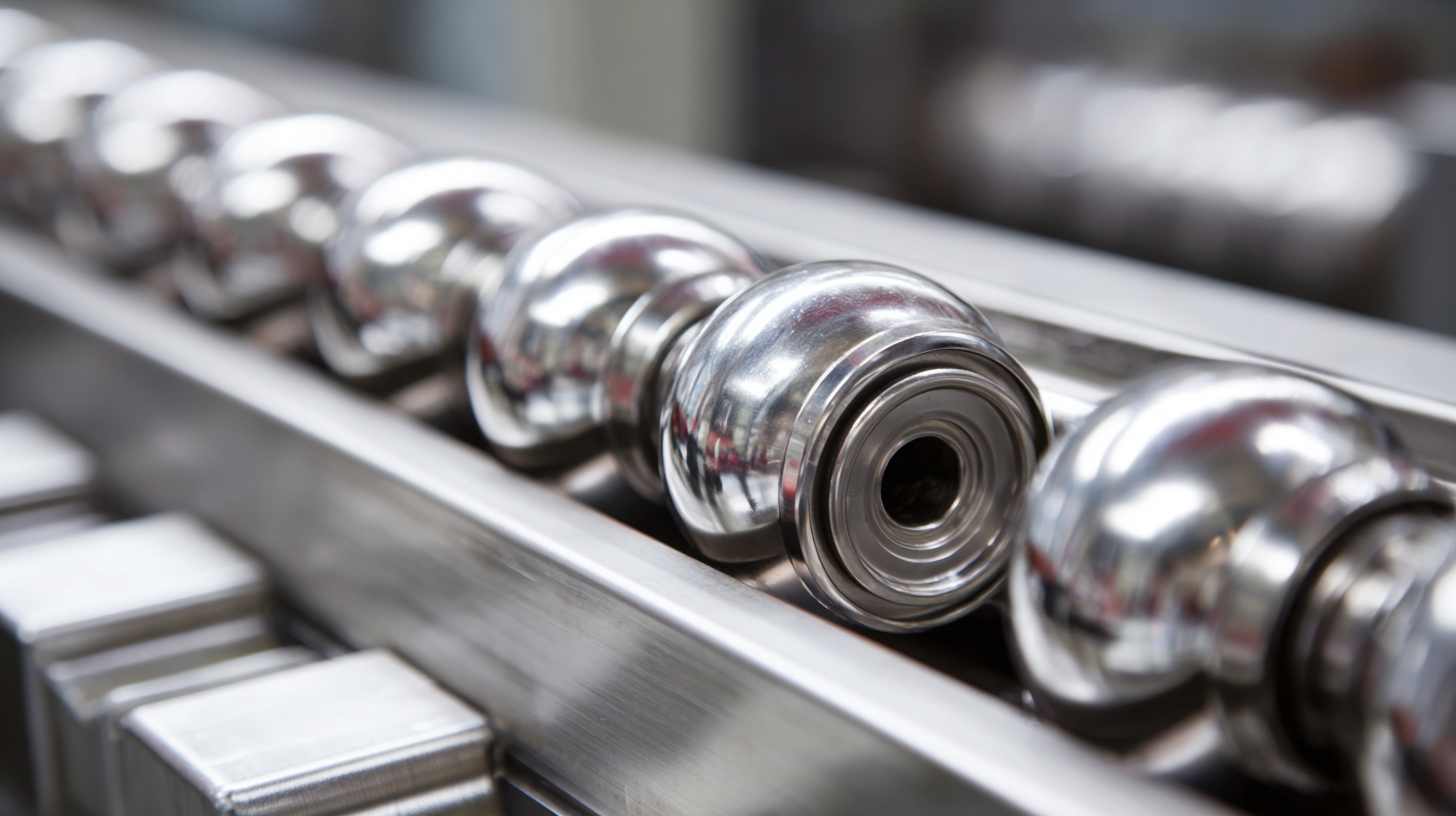
Stainless steel ball bearings play a crucial role in enhancing machinery performance by providing superior load distribution, reduced friction, and improved durability. Their unique properties, such as resistance to corrosion and high temperatures, make them ideal for various industrial applications. By minimizing energy loss through friction, these bearings contribute to a more efficient operation, allowing machinery to run smoother and consume less energy over time.
In addition to efficiency, the longevity of machinery is significantly impacted by the quality of ball bearings used. Stainless steel ball bearings are designed to withstand harsh environments, prolonging the lifespan of machines by reducing wear and tear on moving parts. This reliability not only lowers maintenance costs but also increases productivity, as machines experience fewer downtimes due to bearing failures. Overall, the integration of stainless steel ball bearings into machinery design is essential for optimizing performance and ensuring long-term operational success.
Stainless steel ball bearings offer numerous advantages over traditional bearing materials such as brass, bronze, or plastic. One of the most significant benefits is their exceptional resistance to corrosion and wear. This characteristic is particularly crucial in environments exposed to moisture, chemicals, or extreme temperatures. Unlike conventional materials, stainless steel maintains its structural integrity and performance over time, reducing the need for frequent replacements and ultimately lowering maintenance costs.
In addition to durability, stainless steel bearings also provide superior load-carrying capacity and smoother operation. Their precision manufacturing allows for tighter tolerances, resulting in reduced friction and improved efficiency. This enhancement not only boosts the overall performance of machinery but also contributes to energy savings. As machines operate more smoothly, they consume less power, fostering a more environmentally friendly approach to industrial operations. The longevity and efficiency achieved with stainless steel ball bearings make them an increasingly popular choice across various sectors, from automotive to aerospace.
The quality of ball bearings plays a crucial role in determining the operational efficiency of machinery. High-grade stainless steel ball bearings, such as those manufactured to ISO standards, dramatically reduce friction and wear during operation. For instance, a study by the National Center for Manufacturing Sciences (NCMS) indicates that using premium-grade bearings can enhance overall machine efficiency by up to 10%, leading to substantial energy savings and reduced operational costs.
In addition to efficiency, the longevity of machinery is significantly impacted by the quality of ball bearings. A report from the American Society of Mechanical Engineers (ASME) found that inferior bearings can lead to premature machinery failure, increasing maintenance costs by as much as 30%. Conversely, investing in high-quality stainless steel ball bearings not only boosts performance but also extends equipment lifespan, thereby minimizing downtime and enhancing productivity in industrial settings. This correlation between bearing quality and machinery performance underscores the importance of selecting the right components for optimal operational effectiveness.
The longevity of machinery is significantly influenced by the materials used in key components, particularly bearings. Stainless steel ball bearings are increasingly favored due to their superior resistance to corrosion and wear, which directly contributes to the durability of machinery. According to a report by the American Society of Mechanical Engineers (ASME), replacing traditional bearings with stainless steel variants can reduce maintenance costs by up to 25% and extend the operational lifespan of machinery by an average of 30%.
In industries where machinery is subjected to harsh environments, such as pharmaceuticals and food processing, the benefits of stainless steel ball bearings are even more pronounced. A study published in the Journal of Manufacturing Science and Engineering highlighted that stainless steel bearings maintained their performance under extreme conditions, resulting in fewer breakdowns and less downtime. This not only enhances productivity but also leads to significant savings in operational costs, demonstrating a clear connection between stainless steel bearings and machinery longevity.
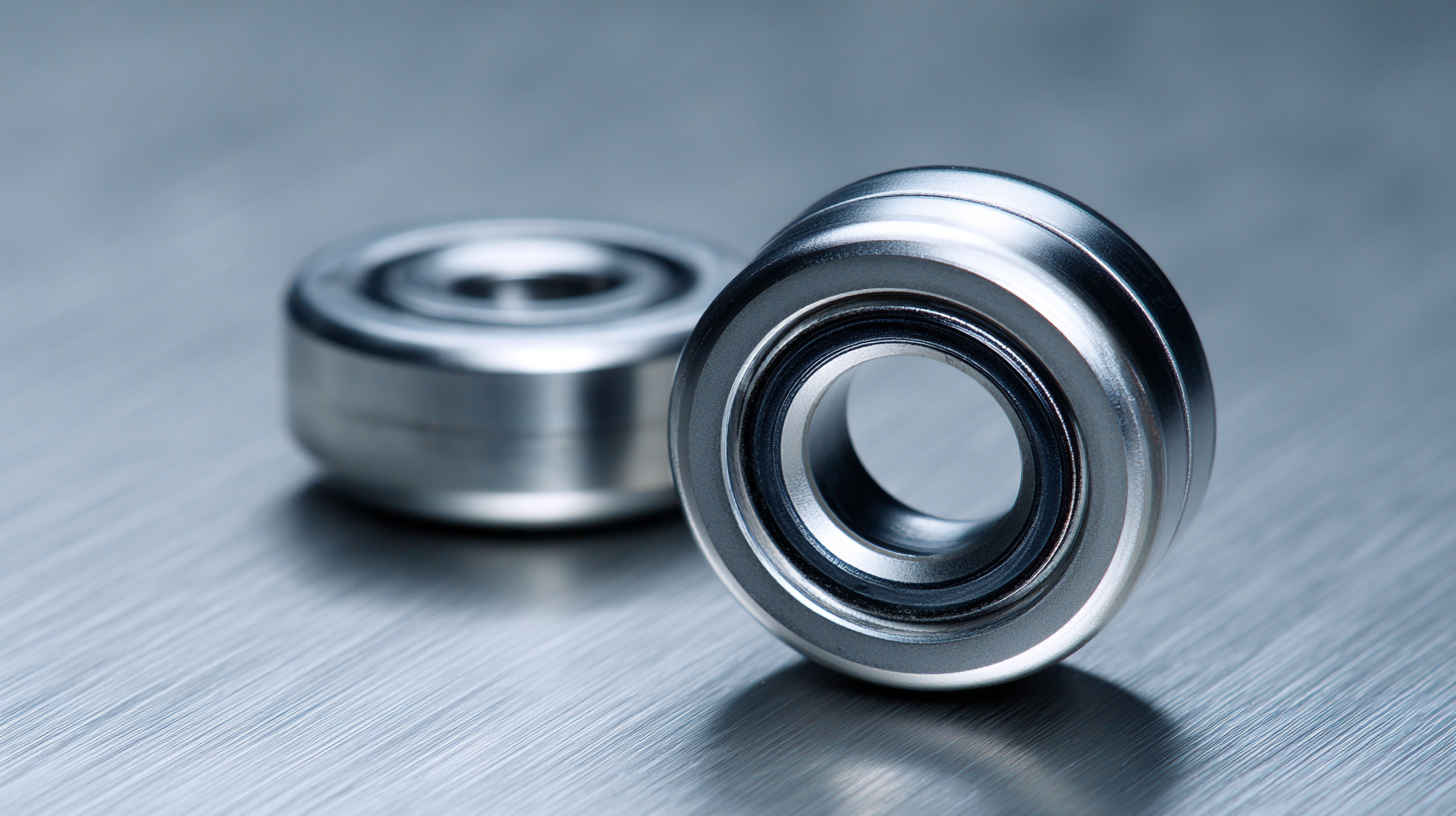
 Regular maintenance is crucial to maximizing the benefits of stainless steel ball bearings in machinery. One effective practice is to schedule routine inspections, which help identify potential issues before they escalate. This includes checking for signs of wear and tear, ensuring proper lubrication, and confirming that bearings are appropriately aligned. Keeping a detailed maintenance log can also aid technicians in tracking performance over time and making informed decisions about replacements or servicing.
Regular maintenance is crucial to maximizing the benefits of stainless steel ball bearings in machinery. One effective practice is to schedule routine inspections, which help identify potential issues before they escalate. This includes checking for signs of wear and tear, ensuring proper lubrication, and confirming that bearings are appropriately aligned. Keeping a detailed maintenance log can also aid technicians in tracking performance over time and making informed decisions about replacements or servicing.
Another important aspect of maintenance involves choosing the right lubricants to enhance bearing performance. Stainless steel bearings operate best with lubricants that can withstand high temperatures and resist corrosion. Utilizing the right type and amount of lubricant not only reduces friction but also prolongs the life of the bearings. Furthermore, maintaining a clean operating environment is essential to prevent contaminants from entering the bearing system, which can cause premature failure. By implementing these best practices, industries can significantly improve the efficiency and longevity of their machinery equipped with stainless steel ball bearings.
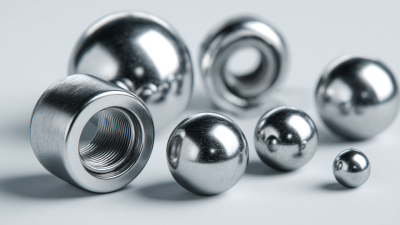
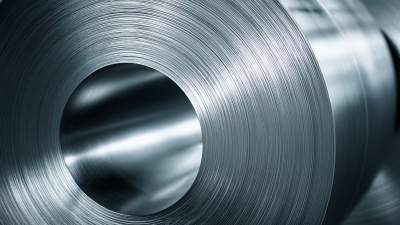
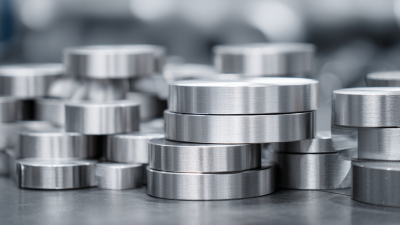
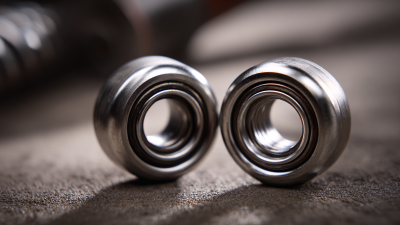

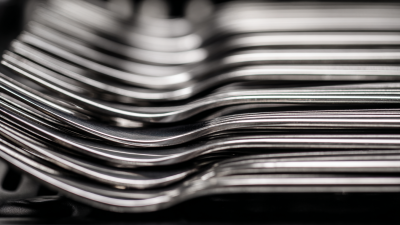
To learn more about any of the products and services provided by Abbott Ball Company, Inc., simply complete the form below.